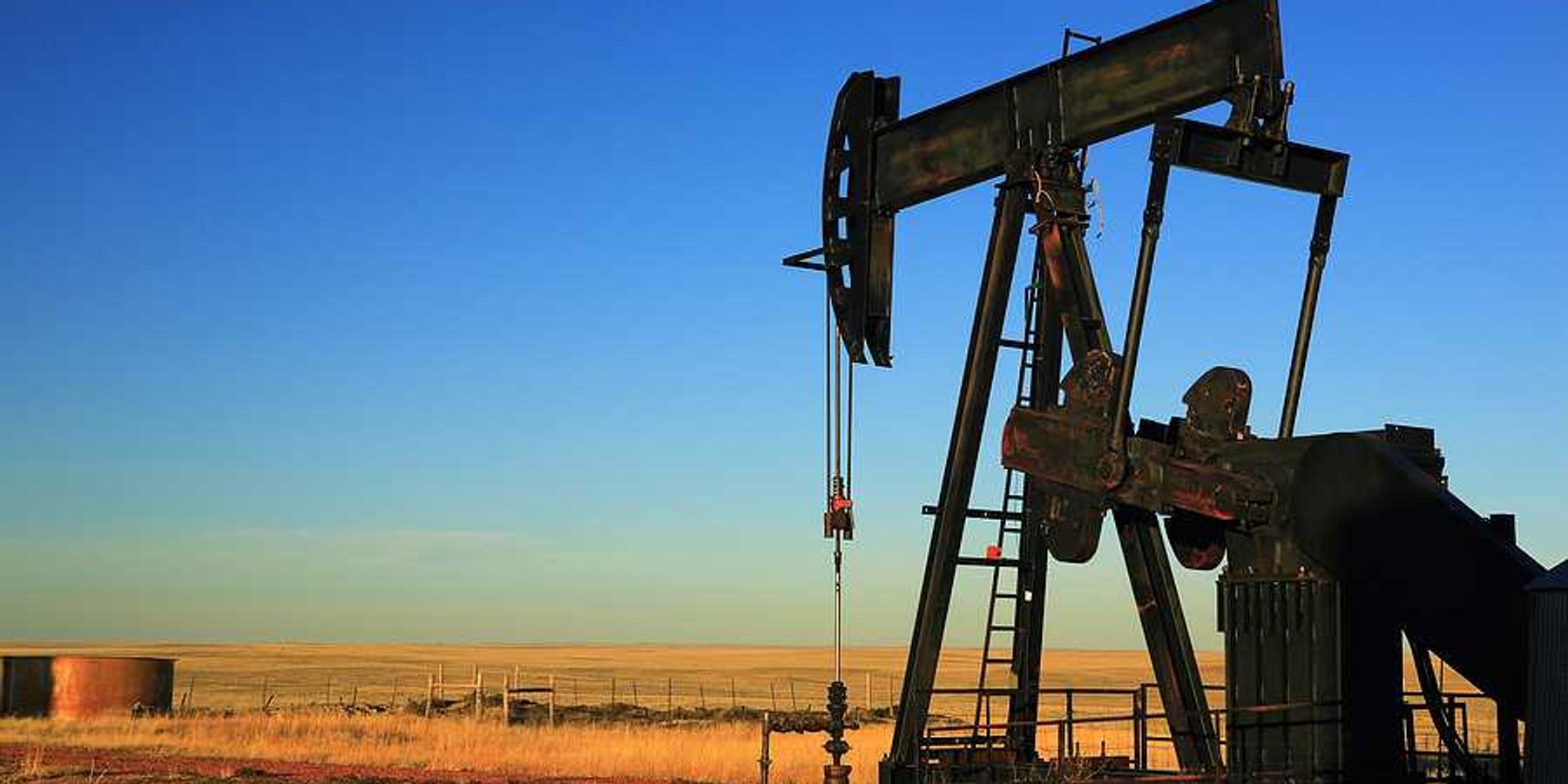Recycling nuclear waste may sound smart, but it’s splitting the atom world in two
Startups are pushing to recycle spent nuclear fuel to power next-gen reactors, but experts warn this could reignite global weapons risks.
Rebecca Tuhus-Dubrow reports for Yale Environment 360.
In short:
- Companies like Oklo and Curio are developing reactors that run on spent nuclear fuel, framing it as a climate-friendly way to cut waste and reduce uranium mining.
- Critics argue reprocessing spent fuel makes plutonium more accessible, increasing the risk of nuclear proliferation and terrorism.
- Despite technological advances like pyroprocessing, experts remain divided on whether the benefits outweigh the risks, especially without a permanent waste disposal plan in the U.S.
Key quote:
“It takes a lot of effort, human-made effort, to actually create these materials. So that’s a great thing. But once you have the material, it’s not all that hard [to create a weapon], and that’s a really bad thing.”
— Ross Matzkin-Bridger, senior director of nuclear materials security at the Nuclear Threat Initiative
Why this matters:
It sounds like a silver bullet for the climate crisis — taking the nuclear waste we’ve already got piling up in steel casks and spinning it into new energy gold. The pitch is seductive: cut radioactive waste, sidestep fresh uranium mining, and unleash untapped energy potential all in one go. But beneath the surface is a nuclear headache we thought we’d shelved decades ago: plutonium.
Read more:













